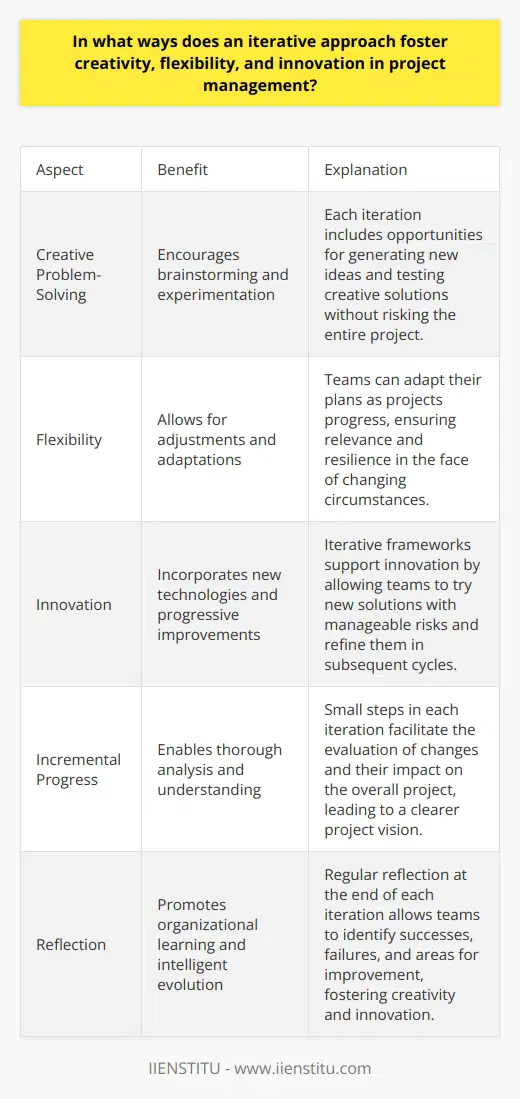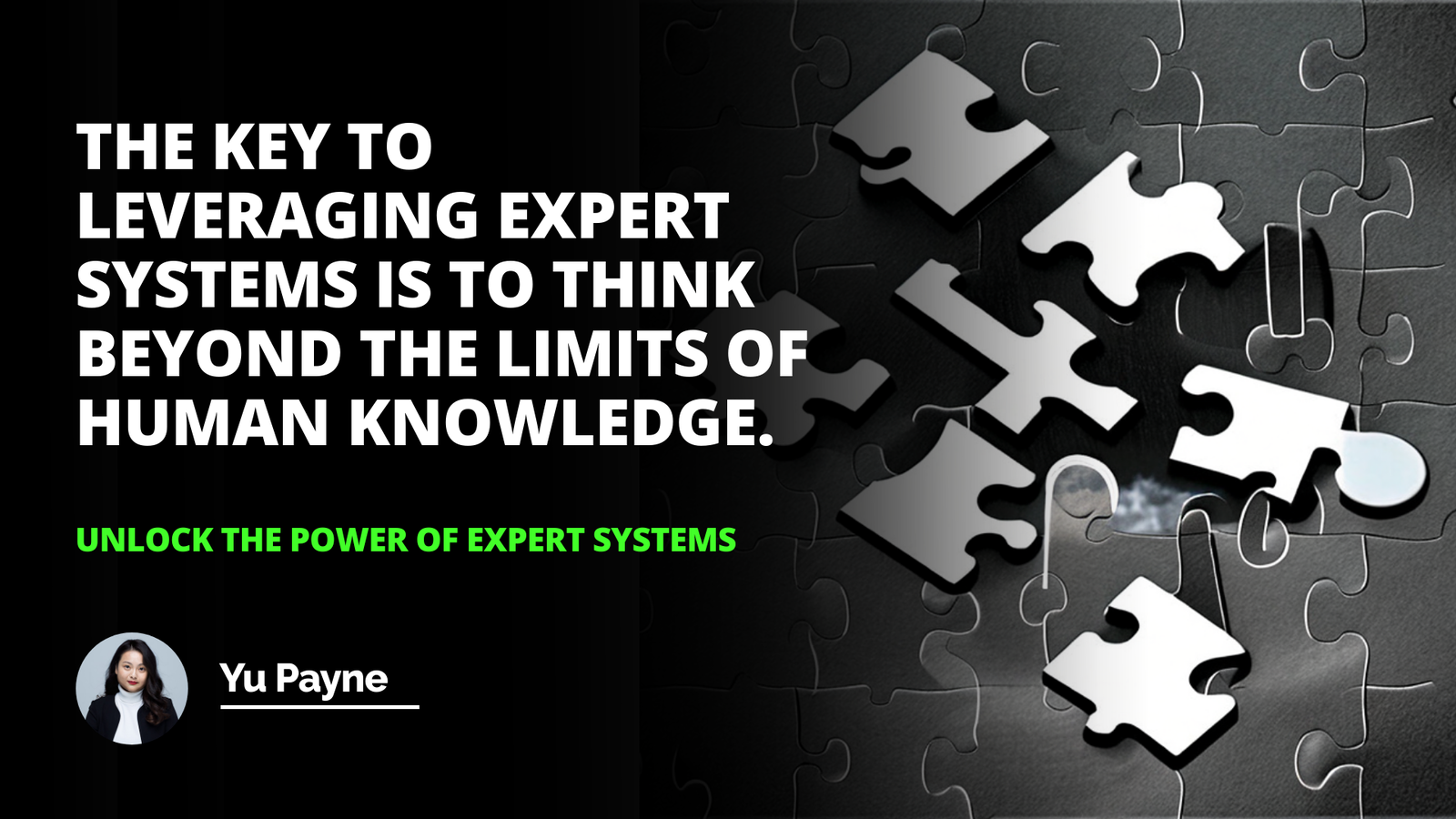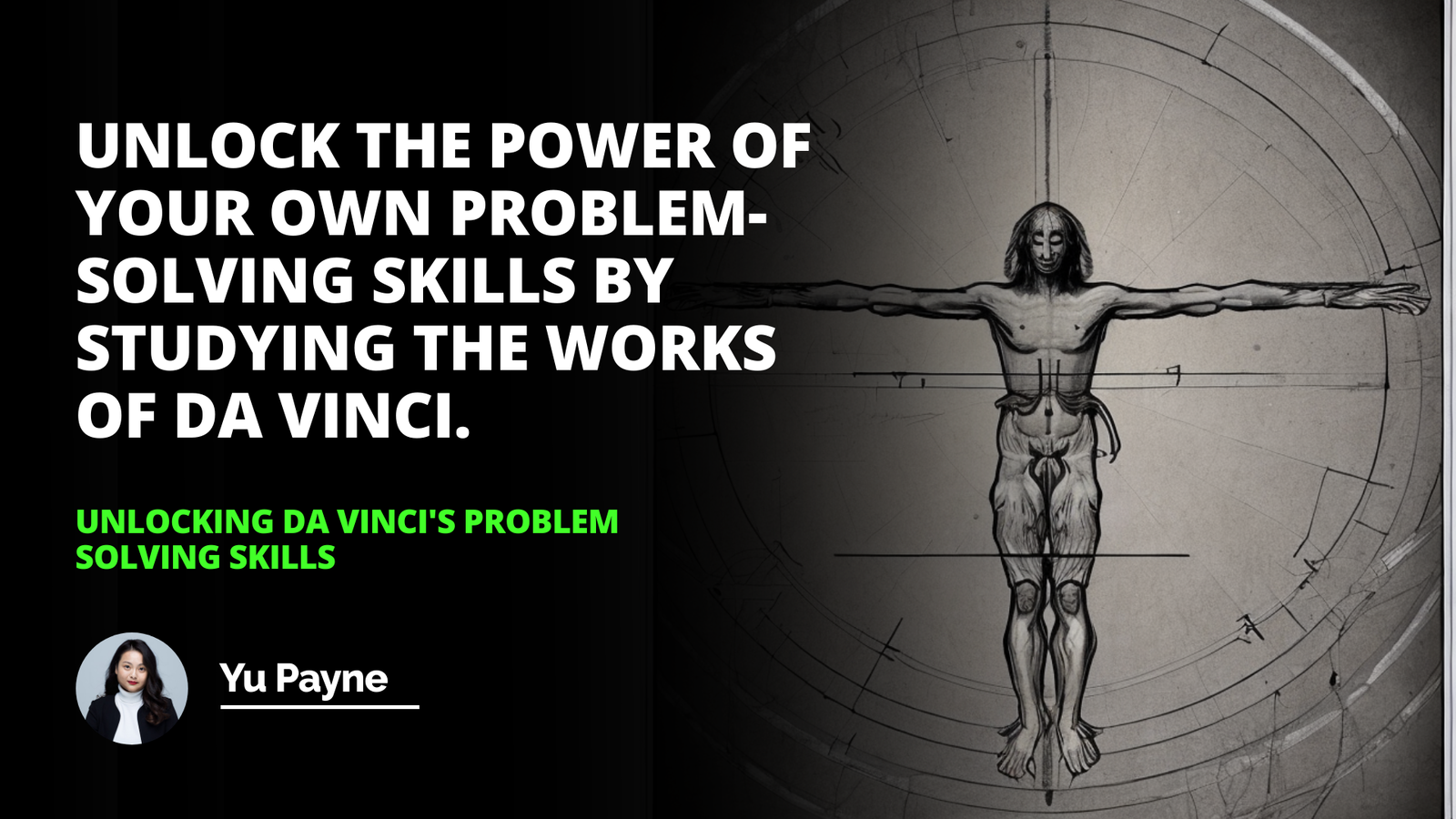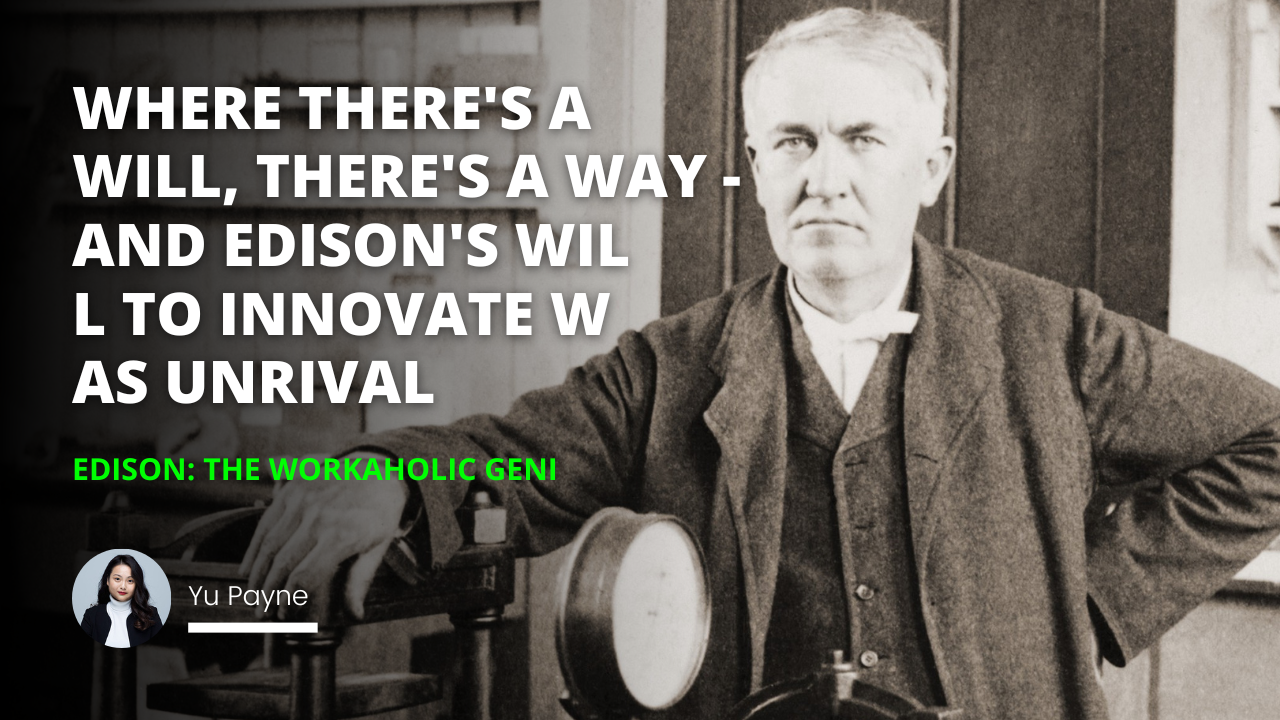
As someone who has worked in software development for over a decade, I've witnessed firsthand the transformative power of the iterative approach. It's not just a methodology - it's a mindset, a way of continually refining and improving that can be applied to virtually any field or endeavor. In this blog post, I want to share my personal experiences with iteration and why I believe it's such a valuable tool for problem-solving and innovation.
My Introduction to Iterative Development
My journey with the iterative approach began early in my career as a junior software engineer. Fresh out of college, I joined a startup that was building a complex application. Being inexperienced, I assumed we would follow the "waterfall" model - meticulously planning every detail upfront, then executing in a linear fashion.
Boy, was I in for a surprise! My team lead introduced me to Agile development, and the iterative process that underpins it. Instead of trying to plan everything perfectly from the start (an impossible task in software), we worked in short "sprints." We would plan a little, build a little, test a little, then learn and adapt based on feedback. It felt foreign at first, but I quickly saw the benefits.
With each iteration, our product got a little better. We caught bugs earlier, adapted to changing requirements more nimbly, and ultimately delivered something that truly met our users' needs. That early experience ignited my passion for the iterative approach, and I've carried it with me throughout my career.
Iteration in My Personal Projects
But iteration isn't just for software development. I've found it incredibly useful in my personal projects and hobbies too. Let me give you an example:
A few years ago, I decided to write a novel. I had a grand vision for an epic sci-fi trilogy. But when I sat down to write, I quickly became overwhelmed. The scale of the project was daunting, and I found myself getting bogged down in details, trying to perfect every sentence before moving on.
Then I remembered my experience with iterative development. What if I applied that same approach to my writing? Instead of trying to write the perfect novel in one go, I decided to work iteratively.
I started with a rough outline - just the key beats of the story. Then I wrote a very rough first draft, focusing on getting the basic structure down without worrying too much about prose or details. It was liberating!
From there, I began iterating. With each pass, I refined the story, characters, and language. I sought feedback from friends and fellow writers, and incorporated their insights. Gradually, my rough draft transformed into something I was truly proud of.
Had I tried to write the "perfect" novel from the start, I might never have finished. But by embracing iteration, I was able to make steady progress and ultimately achieve my goal. It's a lesson I've carried into other areas of my life.
The Power of Feedback Loops
One of the key strengths of the iterative approach is the way it incorporates feedback. In each cycle, you're not just executing blindly - you're learning from the results of your efforts and using that knowledge to inform your next steps.
This is powerfully demonstrated in the realm of machine learning. ML models are built through an iterative process of training, evaluating, and fine-tuning based on feedback. With each iteration, the model gets a little smarter, a little more accurate.
But feedback loops aren't just for algorithms. They're critical for human learning and growth too. Seeking and incorporating feedback is a core part of the iterative mindset.
In my work, I make a point of soliciting feedback regularly - not just from my team and stakeholders, but also from users. There's no substitute for seeing how real people interact with your product in the wild. Each piece of feedback is an opportunity to iterate and improve.
Overcoming Perfectionism
One of the biggest challenges in adopting an iterative approach, at least for me, has been overcoming my own perfectionist tendencies. There's a part of me that always wants to get things "just right" before sharing my work with others.
But I've learned that this mindset can be counterproductive. Perfectionism can lead to procrastination, and it often prevents us from getting the feedback we need to truly improve.
Embracing iteration means getting comfortable with putting imperfect work out into the world. It means recognizing that the first draft, the first prototype, the first attempt will always be flawed - and that's okay. The magic happens in the refinement process.
This was a hard lesson for me to learn, but it's been transformative. By letting go of perfectionism and leaning into iteration, I've become more productive, more creative, and more open to feedback and growth.
The Ethics of Iteration
As powerful as the iterative approach is, it's not without its potential pitfalls. One concern that sometimes arises is the question of ethics, particularly in fields like software development or product design.
There's a risk that in our zeal to iterate quickly, we may overlook potential negative consequences of our work. We may ship a feature that seems fine in testing, only to discover it has unintended harmful effects when released into the world.
Balancing Speed and Responsibility
I believe the solution lies in balancing the drive to iterate with a strong sense of responsibility. Yes, we should move quickly and embrace experimentation. But we must also pause regularly to consider the ethical implications of our work.
This means building diverse teams and actively seeking out perspectives different from our own. It means conducting thorough testing, not just for functionality but for potential misuse or harm. It means being willing to slow down or even pivot when necessary to ensure we're building something that is not only innovative, but also responsible and ethically sound.
Iteration in Education
Finally, I want to touch on the immense potential of iterative approaches in the field of education. As someone who's both benefited from and helped create educational programs, I'm excited by the ways iteration can enhance learning.
Traditional educational models often rely on a "one-size-fits-all" approach, with a set curriculum delivered in a linear fashion. But learners are diverse, with different backgrounds, learning styles, and paces.
An iterative approach to education would allow for more personalization and adaptability. Imagine a system where lessons are delivered in small chunks, with frequent assessments and feedback. The pace and content could adapt dynamically based on the learner's performance, ensuring they're always challenged but never overwhelmed.
Online learning platforms are already starting to leverage this potential, using data and algorithms to create personalized learning paths. But there's still so much untapped potential. By embracing iteration in education, we could create truly adaptive learning experiences that meet each learner where they are.
Conclusion: Iteration as a Way of Life
Ultimately, for me, iteration is more than just a method or process. It's a way of approaching life. It's about recognizing that growth and improvement are always possible, and that the path to success is rarely a straight line.
Whether I'm working on a software project, writing a novel, or learning a new skill, I try to embrace the iterative mindset. I start small, experiment frequently, seek feedback, and continually refine my approach based on what I learn.
It's not always easy. It requires humility, openness to feedback, and a willingness to let go of perfectionism. But in my experience, the rewards are immense. Iteration has allowed me to achieve goals I once thought were out of reach, and to continually grow and evolve in my personal and professional life.
So to anyone reading this, my advice is simple: embrace iteration. Start small, learn fast, and never stop refining. The power of incremental improvement is truly transformative. By making iteration a habit and a mindset, you open yourself up to a lifetime of growth and success.
Frequently Asked Questions
What are the key components and steps involved in an iterative approach towards problem-solving?
Iterative Approach to Problem-Solving
When tackling complex issues, an iterative approach often proves most effective. Iterative techniques break down large problems into manageable chunks. This method embraces gradual improvement through repeated cycles. Each iteration refines the solution, inching closer to the optimal outcome.
Key Components
The key components of this strategy include:
- Problem Identification
- Hypothesis Formulation
- Solution Design
- Implementation
- Evaluation
- Learning and Feedback
Each plays a vital role. They blend to form a robust problem-solving process.
Problem Identification
First, we define the problem. What challenges face us? Understanding the nuances is crucial. Clear problem statements focus the efforts.
Hypothesis Formulation
We then hypothesize. What might form potential solutions? Brainstorm sessions are useful here. They foster creative, out-of-the-box thinking.
Solution Design
Design follows. Here, we draft plans for our hypothesized solutions. Prototypes often arise in this phase. Designs need not be perfect. They should, however, be testable.
Implementation
Next is implementation. We put our designs into action. Small scales are preferable at first. They limit the impact of any issues.
Evaluation
Afterward, we evaluate. Did our solution work? Metrics are essential here. They provide objective performance measures.
Learning and Feedback
Finally, we learn. Feedback from each stage informs the next cycle. We iterate with enhanced understanding. Adaptations stem from learning points. The cycle then starts anew, refined with insights gathered.
Repeat these steps. Iterate until you achieve a satisfactory solution. Iteration offers a dynamic, responsive problem-solving strategy. It thrives on adaptability and a commitment to continuous improvement.
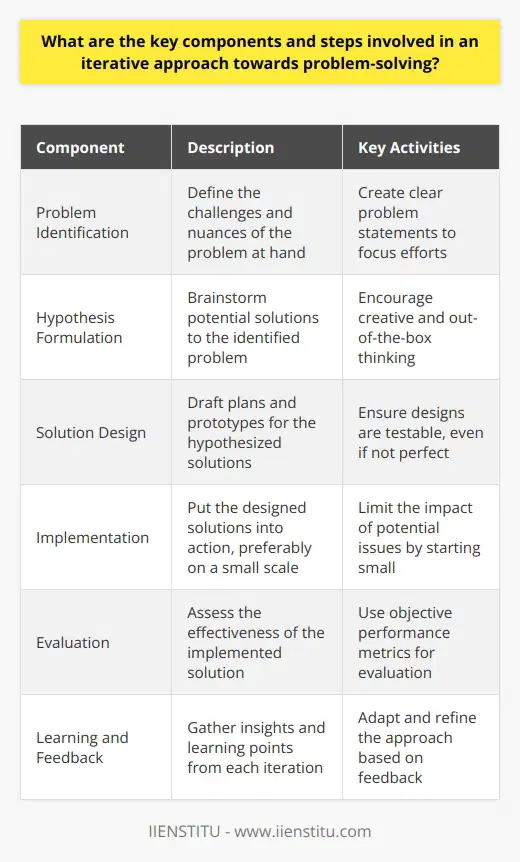
How can iterative refinement contribute to the development and performance of complex systems?
Understanding Iterative Refinement
Iterative refinement stands as a cornerstone in developing complex systems. Complex systems encompass myriad layers, functions, and interactions. Tackling such a mammoth task one-shot rarely works well. Through iterative refinement, developers methodically evolve a system’s capabilities.
What is Iterative Refinement?
Simply, it means improving systems via repeated cycles. Each cycle involves planning, executing, evaluating, and adjusting. The goal is to enhance a system progressively. It’s about learning and evolving. This approach starkly contrasts with big-bang, all-at-once strategies.
Incremental Learning and Growth
Complex systems balloon in unpredictability as they grow. Every added feature can introduce bugs. Iterative refinement aids in managing this complexity. Small steps allow for better error control. Developers witness the system’s behavior. They gain insights. They fix issues. Importantly, they learn. Then, they adjust. This loop continues until the desired performance level is reached.
Improved Risk Management
Incrementally evolving a system reduces risk. It curtails potential massive failures. Iterative cycles surface problems early. They make spotting errors easier. The process becomes less daunting. Small, manageable problems replace colossal unanticipated failures.
End-User Feedback and Relevance
End-users matter greatly. They use the system. Iterative refinement thrives on user feedback. Developers introduce features. Users test them. They report back. This feedback is golden. It molds the system. It keeps the development relevant. It aligns the system with actual user needs.
Enhancing Performance
Performance matters. Complex systems should run smoothly. Iterative refinement ensures they do. Developers monitor performance closely. They make adjustments as needed. Over time, performance gets the required attention. It gets fine-tuned. The system becomes faster, more efficient, and reliable.
Flexibility and Adaptability
Technology evolves rapidly. Markets change. User needs shift. Through iterative refinement, systems remain flexible. They adapt. Changes integrate without a full overhaul. This adaptability is key to longevity.
Encouraging Experimentation
Experimentation drives innovation. Iterative refinement fosters a safe experimenting environment. Small cycles. Low stakes. Plenty of opportunities to test new ideas. Some fail. Others succeed. The successes pave the way for breakthroughs.
Conclusion
Iterative refinement proves crucial for complex systems. It promotes growth, learning, and performance. It mitigates risk. It keeps systems relevant and flexible. Iterative refinement encourages experimentation. This approach aligns product development with a fast-paced, ever-changing world. Complex systems thrive on such adaptability and continual improvement.
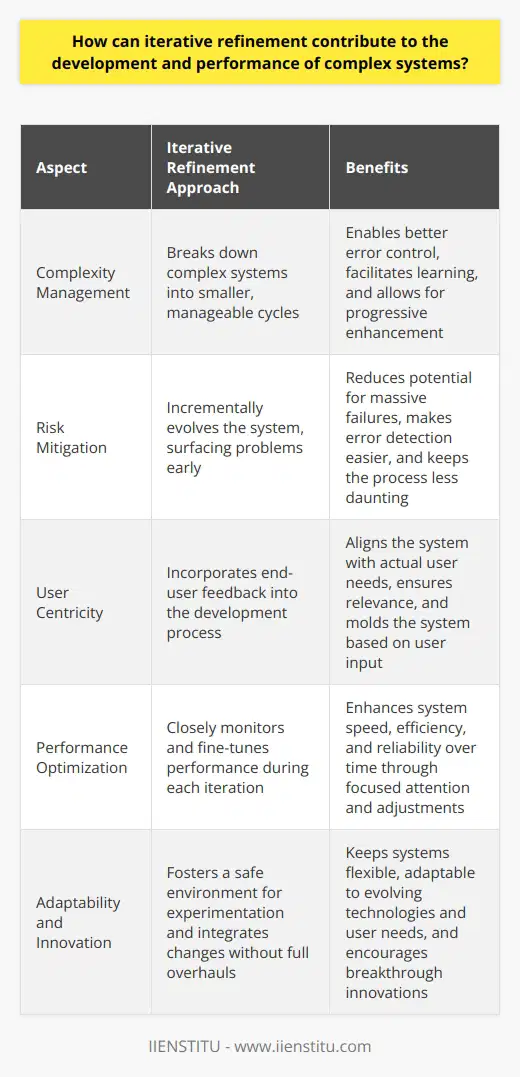
In what ways does an iterative approach foster creativity, flexibility, and innovation in project management?
Iterative Approach Encourages Creative Problem-Solving
An iterative approach to project management involves repetition. Teams repeat cycles of planning, execution, analysis, and review. This cycle enables more creativity. Every iteration can include brainstorming. New ideas surface with each cycle. Creative solutions often emerge from iterative exploration. Teams can experiment without risking the entire project.
Flexibility Through Iteration
Each iteration offers a chance for adjustment. Rigid plans do not bind teams. They adapt plans as projects progress. Flexibility becomes a natural project component. Teams learn from every cycle. They adapt their strategies accordingly. This responsiveness ensures relevance and resilience.
Innovation Drives Iterative Frameworks
Innovation thrives under iterative systems. Each cycle can incorporate new technologies. This method encourages progressive improvements. Risks are smaller, hence more manageable. Teams feel more secure trying innovative solutions. They know they can refine these solutions later.
Incremental Progress with Iterative Methods
Small steps characterize the iterative approach. Progress happens incrementally. This eases the analysis of changes. Decision-makers can evaluate each small change. They assess the impact on the overall project. Such granularity ensures thorough understanding. It sharpens the overall project vision.
Iterative Cycles Provide Reflection Opportunities
Each iteration ends with reflection. Teams look back at their work. They identify successes and failures. Reflection promotes organizational learning. This learning fosters creativity and innovation. Projects evolve intelligently through reflection.
Adaptability as a Core Concept
Adaptability stands central to iterative project management. Teams must remain adaptable. They deal with variable customer demands. Market conditions change rapidly. The iterative method allows teams to pivot when necessary. They harness adaptability for project success.
Collaboration and Communication Enhancement
Collaboration is integral to iterative methods. Teams discuss plans and results regularly. Communication lines stay open. This encourages a flow of creative ideas. Team members from different disciplines contribute perspectives. A diverse pool of ideas surfaces.
Documentation Remains Critical
Good documentation supports iteration. Teams record what they have tried. They note what worked and what did not. Documentation captures creative attempts. It forms a knowledge base for future iterations. Learning from each cycle is evident in well-kept records.
Risk Mitigation through Iterative Practice
Iterative approaches help mitigate risks. Teams identify issues early. They manage risks in manageable chunks. Frequent assessments allow for quick responses. Potential failures become less daunting. Teams can address small concerns before they grow.
Modularity in Design and Development
A modular outlook accompanies iterative project management. Teams break projects into discrete sections. Each module undergoes its own iteration. This makes management easier. Teams can focus their creativity on specific parts. Innovation does not overwhelm when it targets smaller areas.
Client Engagement and Feedback Loops
Iterative projects involve clients more. Clients provide feedback after each cycle. This keeps projects aligned with client needs. It fosters a sense of partnership. Such client engagement is fertile ground for innovation.
Iterative Methods Enrich Skill Sets
Team members grow through iteration. They tackle diverse challenges regularly. Their problem-solving skills improve. They become more creative and resourceful. New talents emerge. Teams gain strength in flexibility and innovation.
In conclusion, an iterative approach to project management nurtures creativity, flexibility, and innovation. It allows risks to be manageable and encourages continuous learning and adaptation. Iterative methods keep teams agile, enabling them to create solutions that are both inventive and aligned with evolving project goals and customer needs.
